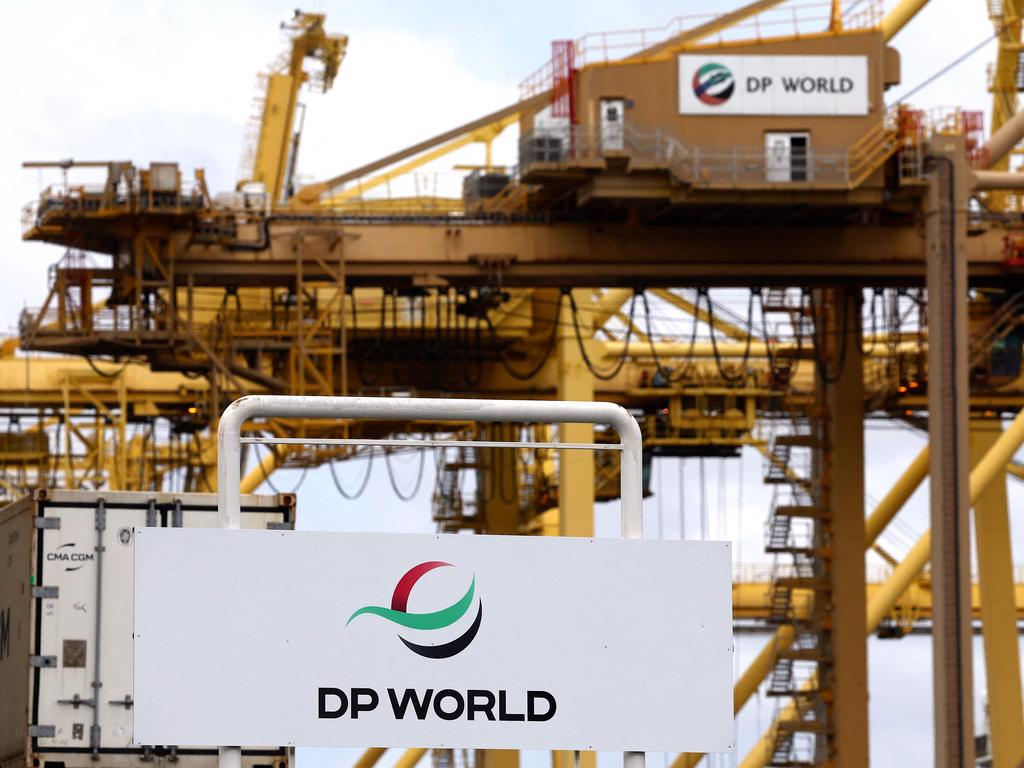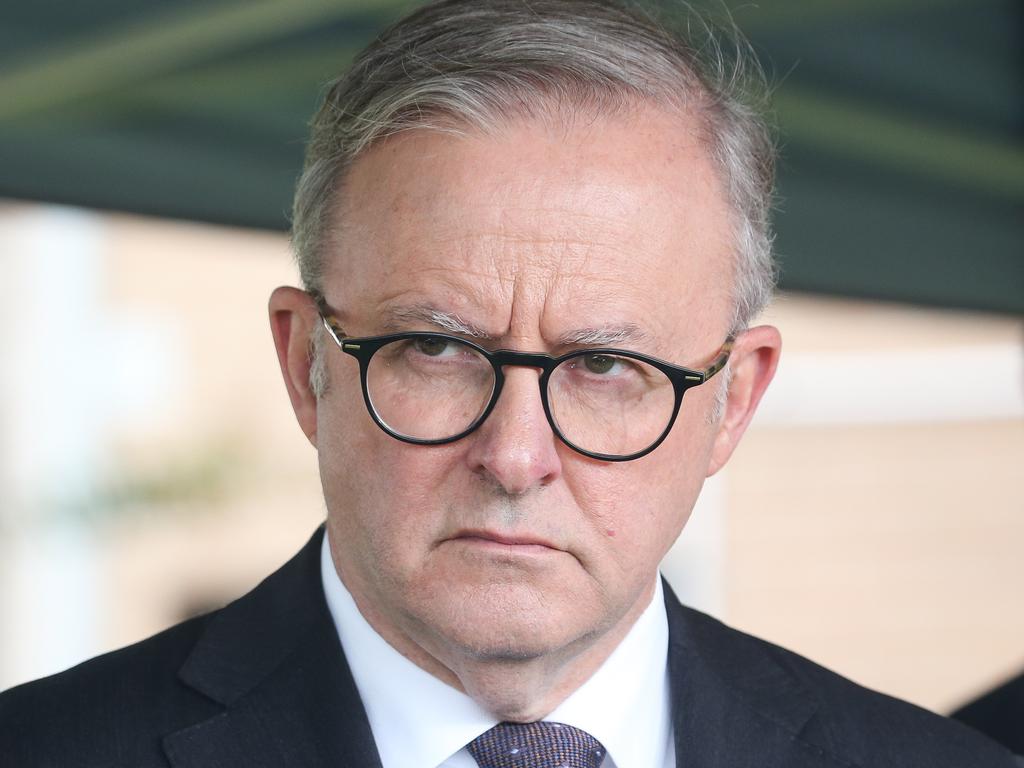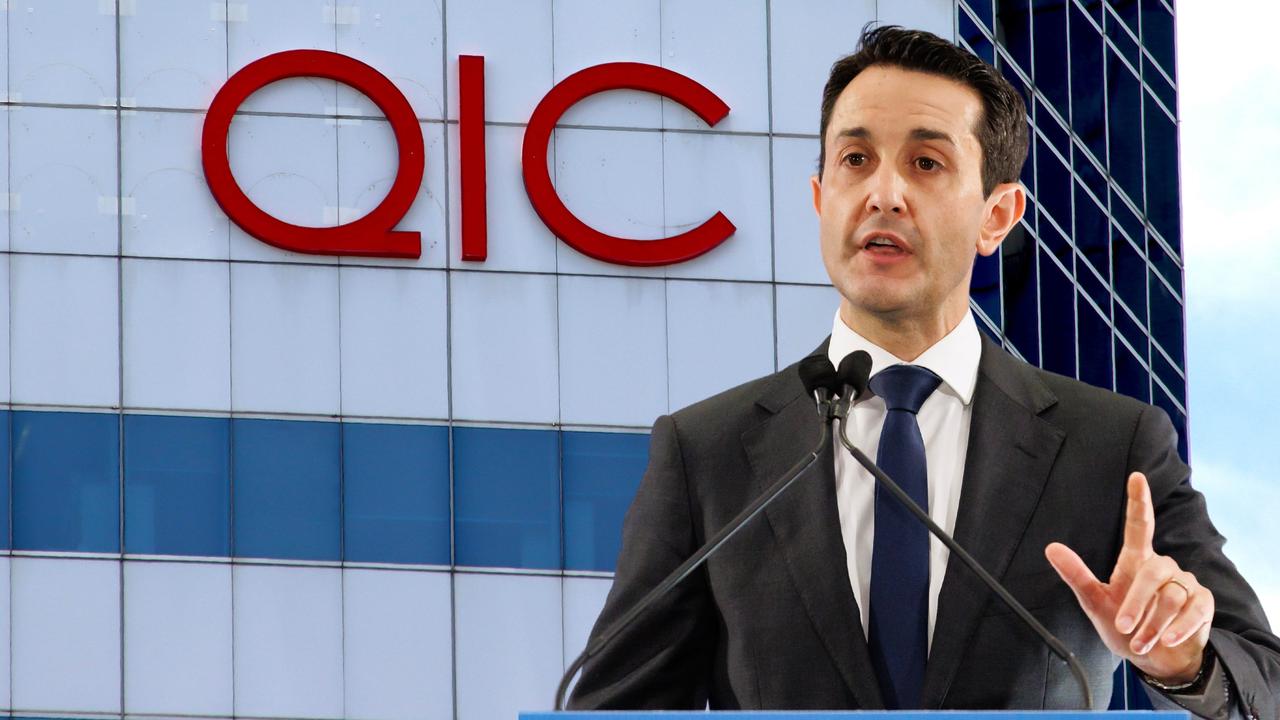Port stand-off could be more costly than Red Sea blockade
One of the nation’s leading economists has warned the industrial dispute between the maritime union and DP World may cost the economy more than the Red Sea blockade
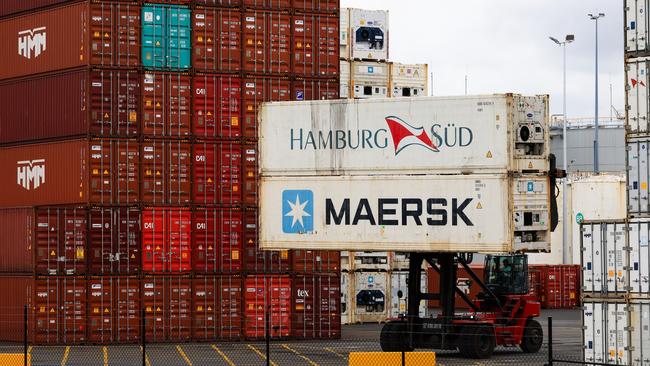
AMP Chief Economist Shane Oliver has warned the DP World dispute may prove more costly to the Australian economy than blockades in the Red Sea, as the port operator prepares to appear before a parliamentary inquiry investigating Labor’s workplace reforms.
Dr Oliver said on Sunday that both the ports dispute and the threat to cargo ships in the Red Sea presented supply concerns for the market, warning several sectors were particularly exposed.
“It’s mainly retail, building, some industrial; it’s not the resource sector,” he said. “It does have to be resolved soon but by the same token if it’s resolved too quickly it results in resurgence of concerns about excessive wages growth.”
Dr Oliver said it would soon be clear if DP World’s dispute would impact on back-to-school sales.
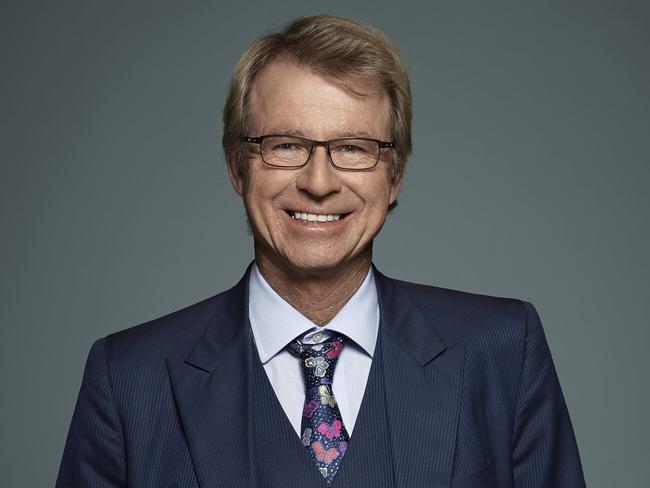
“The main risk is this leads to a shortage of goods and adds to inflation,” he said. “At this stage I think it’s a problem and something the RBA would be concerned about but it’s not enough of a problem to tip them over the limit into another rate hike.”
DP World’s Head of Corporate Affairs, Blake Tierney, and Vice President of People, Mark Ratcliffe, are due to front the Senate’s education and employment committee on Monday. It is examining the government’s contentious closing of loopholes in workplace relations legislation.
But it is expected the parliamentary hearing will weigh into the port operator’s industrial stand-off with the Maritime Union of Australia, which the Dubai based company says is costing the Australian economy $84m a week and contributing to a backlog of 44,000 containers.
The Coalition and the business community are urging the government to intervene as a matter of urgency given the economic damage to the Australian economy, but Workplace Relations Minister Tony Burke said last week he has “no intention” of doing so.
Mr Burke also said he was sick of having “highly profitable companies say everything is the fault of them having to pay their workforce the same as their competitors.”
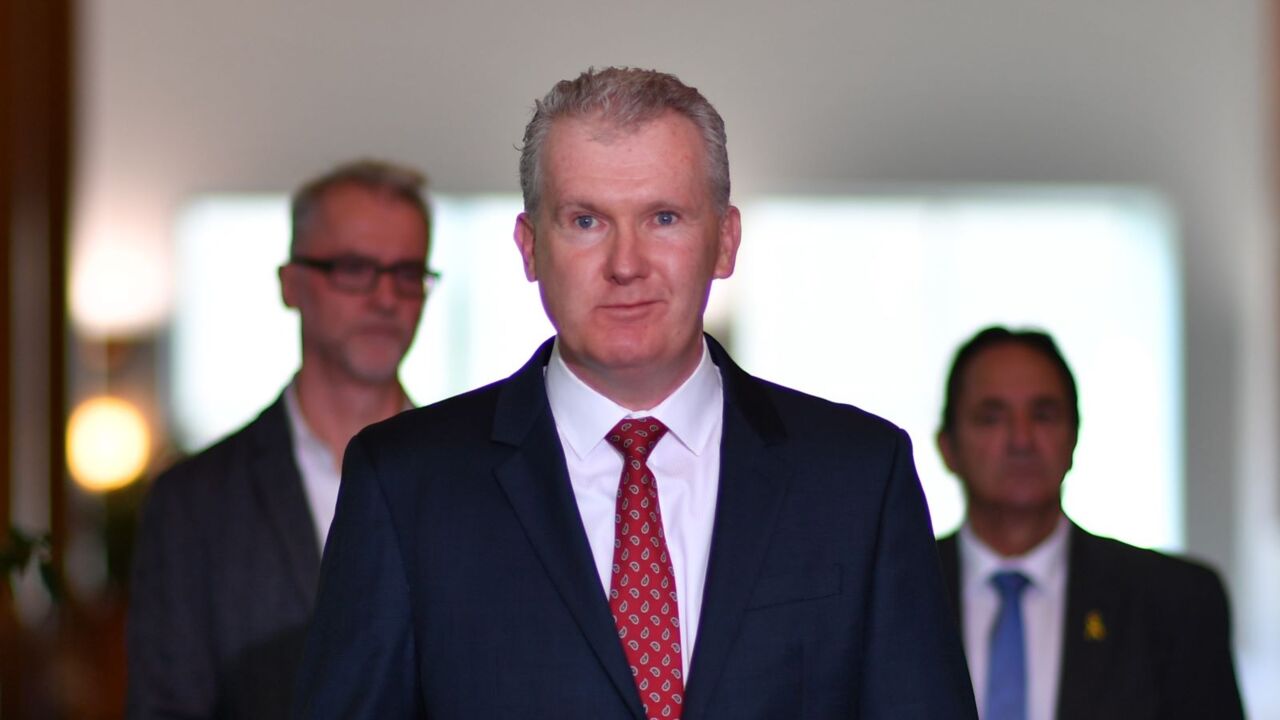
DP World has a 40 per cent market share of the nation’s ports, just below Patrick Corp on 41 per cent, with the MUA arguing the stevedore was currently paying staff on average 17 per cent less than Patrick.
The Australian Industry Group warned over the weekend that the MUA could be seeking to “orchestrate things so that they have all our port operators in their sights at the same time to attempt to construct a multi-party bargaining deal with them”.
Australian Retail Association chief executive Paul Zahra called on the Fair Work Commission to intervene in the DP Worlds dispute, warning supply shortages were already starting to be felt.
“People want to stay out of the political argument now. But the reality is we need it resolved,” Mr Zahra said.
He said the dispute risked torpedoing back to school sales, with some retailers forced to pull items in short supply from sales amid shortages and delays.
“If this does drag on it will become a consumer story and will impact pricing. We’re all trying to keep a lid on the cost-of-living crunch. This will add to the cost of living if it is not resolved sooner.”
Mr Zahra said many Australian retailers were going into the ports dispute with bigger backlogs of stock, after being burnt during the Covid-19 pandemic.
But he said consumers were unlikely to be as forgiving of business shortages as was the case in previous crises.
“We’re living in a very much instant gratification world,” he said.
“We’re trying to avoid the heightened level of customer aggressions we saw through the pandemic.”
Harvey Norman executive chair Gerry Harvey told The Australian it was “very difficult for this government to do much about’’ the dispute, saying they were in a “very difficult position to do something as opposed to if it was a different government.”
He said the retailer he co-founded was not seeing widespread shortages of goods as a result of the maritime dispute at this time and the latest showdown was “very tame in comparison” to previous IR disputes on the docks.
“I was in retail in the 60s and 70s, when the unions were way worse than they are now,” he said. “Holy Moses, it was a never ending fight.”
The boss of another major retail chain, who did not want to be identified, told The Australian she hoped DP World’s dispute would be resolved soon, given her company’s major exposure to imported goods.
This was compounded with delays to shipping as Yemen’s Houthi regime threatened to blockade shipping in the Red Sea.
The business boss, who oversees hundreds of storefronts across Australia, warned if the dispute wasn’t resolved soon it could see a cost of living impact.
“If this doesn’t get resolved soon it will have an impact on all of Australia,” she said.
More Coverage
Originally published as Port stand-off could be more costly than Red Sea blockade

